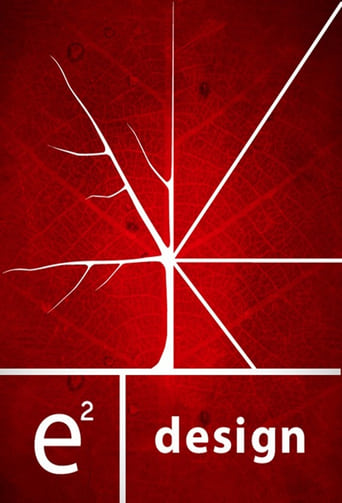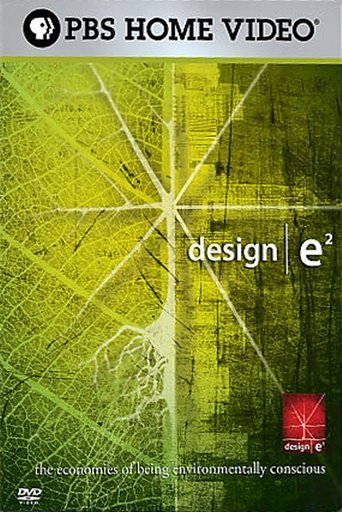e² design Season 1

e² design is an ongoing PBS series about the pioneers and innovators in the field of sustainable architecture, and how their work is producing solutions to pressing environmental and social challenges. Now entering its third season, the series features compelling stories from around the globe: Beijing to Nova Scotia, Ladakh to New York. Each episode examines the built environment's effects — both ecological, and social — and the design innovations that can reduce buildings' contribution to climate change. e² design is narrated by Brad Pitt.
Watch NowWith 30 Day Free Trial!
e² design
2006
e² design is an ongoing PBS series about the pioneers and innovators in the field of sustainable architecture, and how their work is producing solutions to pressing environmental and social challenges. Now entering its third season, the series features compelling stories from around the globe: Beijing to Nova Scotia, Ladakh to New York. Each episode examines the built environment's effects — both ecological, and social — and the design innovations that can reduce buildings' contribution to climate change. e² design is narrated by Brad Pitt.
Watch Trailer
With 30 Day Free Trial!
e² design Season 1 Full Episode Guide
The first season of e² design concludes with a look to the future. "Deeper Shades of Green" focuses on remarkable thinkers and designers of our time: Ken Yeang, Werner Sobek and William McDonough. Nothing short of geniuses, these architects are challenging society and environmental design philosophically, psychologically, technically, aesthetically, politically, and culturally. Each is radically changing the face of not only architecture, but of environmentalism.
The series moves to China, whose soaring population and rapid industrialization have created a boom in urbanization that is unprecedented in human history. To try to tackle this global issue, "China: From Red to Green?" explores green design solutions in both theory and practice, including Steven Holl's Linked Hybrid project, which will have the largest residential geothermal heating/cooling and greywater recycling system in the world upon completion. William McDonough shares his innovative plans to make China an entirely sustainable country and the ways architecture can be both profitable and environmentally intelligent.
"Gray to Green" takes the notion of the three R's (reduce, reuse, recycle) to grand proportions by looking at Boston's "Big Dig" and the massive amount of waste created by the $15 billion public works project. Paul Pedini, a civil engineer on the project, had the idea to build his own home from the Big Dig waste. The success of this project sparked plans to create an office complex in Massachusetts from the same recycled material. These innovative projects serve as prototypes to demonstrate to city officials that there is value in recycling on such a grand level.
In "The Green Machine," Mayor Richard Daley takes viewers on a tour through Chicago, and showcases his mission to make it "the greenest city in America." Chicago already demonstrates a remarkable commitment to green design and construction, with over 40 buildings registered for LEED certification, an integrated solar-powered public transportation system with a biker commuter station and over two million square feet of green roofs, including City Hall.
"Green for All," follows architect and activist Sergio Palleroni as he continues his mission to provide architectural and design solutions to regions in social and humanitarian crisis. Palleroni already has four global initiatives underway aimed at providing architecture students with hands-on field experience building housing for the poor. This episode finds him in East Austin, Texas and in Mexico, where he and his student team are helping threatened communities build thousands of homes while teaching residents to be resourceful in cutting costs and using local materials.
The first episode begins in New York, a city that is leading the charge to green its industrial skyline with several groundbreaking projects. New York combats the urban myth of the bustling city as a "concrete jungle." "The Green Apple" explores some of Manhattan's most prominent and technologically advanced structures like One Bryant Park and The Solaire, as well as the innovative minds behind them. The episode illustrates how the ubiquitous skyscraper can surprisingly be a model of environmental responsibility.
Free Trial Channels
Seasons


























